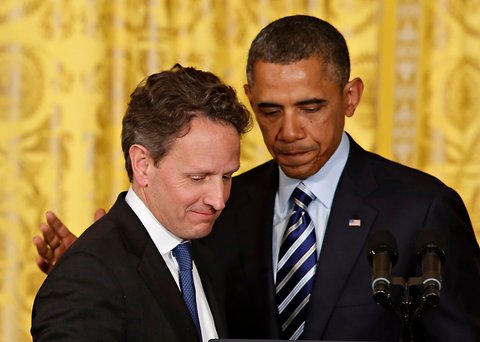It seems to me that we really like the idea of what it means to be middle class. And why wouldn’t we? For most of us, we associate it with things like having steady jobs, owning a home and taking regular vacations. It’s the American dream brought to life, and we like it so much that it’s become not only an economical identity but a cultural one, too.
If you think I’m exaggerating, take a look at a recent Wall Street Journal/NBC News poll. The results revealed that what we define as middle class has more to do with how we think of ourselves than any particular number. Not too surprisingly, we tend to compare ourselves against what we know:
■ 48 percent of people earning $40,000 – $50,000 consider an income of $50,000 middle class.
■ 50 percent of people earning $50,000 – $75,000 consider their income middle class.
■ 39 percent of people earning $75,000 – $100,000 consider their income middle class.
Why does this matter? Because labels with strong emotions behind them, like “middle class,” change how we think about ourselves and make decisions, especially financial ones. For instance, when people identify themselves as middle class, I see many of them make a common mistake: they fail to engage in the process of financial planning.
The reasons probably won’t surprise you, but if people call themselves middle class, they probably don’t think in terms of having wealth or assets that can benefit from financial planning. They think in terms of having a mortgage, a 401(k) and maybe a savings account. They’re not wealthy, and only the wealthy need to worry about investing or planning.
That’s wrong on so many levels.
I’m not arguing that we’re all secretly wealthy. I’m suggesting that we’re cheating ourselves out of greater financial security because we’re making an assumption about what the labels mean. The reality is that most of us have good reasons to plan for the future, like buying a home, paying for college and enjoying retirement.
There is no reason we shouldn’t be using every tool available to help us improve the odds we’ll reach those goals. It doesn’t matter that we may not have as many options as those available to an investment banker. We owe it to ourselves to understand the options we do have and then make plans that get us to where we want to go.
We’re making a similar mistake if we assume we won’t find people to help us when we do need more help. The reasons often come down to money. Time after time, people will tell me they aren’t seeking help because they can’t afford it.
The problem with this assumption is that it ignores the professionals — C.P.A.’s, lawyers, advisers — who make it their mission to help people who don’t have seven-figure balance sheets. There are plenty of them out there; we just need to take the time to find one if we need help.
We’ve got to stop making assumptions like this one and others like it. All they lead to is the common mistake of thinking that financial planning doesn’t matter to people who identify with labels like middle class. I don’t know of anyone who can afford the consequences of that particular thinking.
Instead, we need to make smart financial decisions and not limit our options based on how we label ourselves. We need to take the best information available and make the most of it, even if it means doing things we associate only with wealthy people. Regardless of how much, or how little, we think we have, we’re cheating ourselves if we assume that we don’t need a plan to take care of it and make the most of it.

Article source: http://www.nytimes.com/2013/09/24/your-money/financial-planners/when-labeling-yourself-middle-class-can-hold-you-back.html?partner=rss&emc=rss




